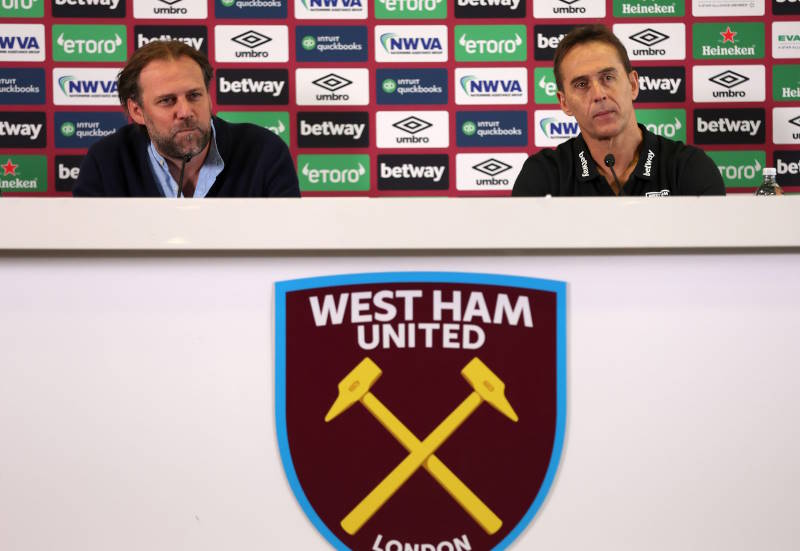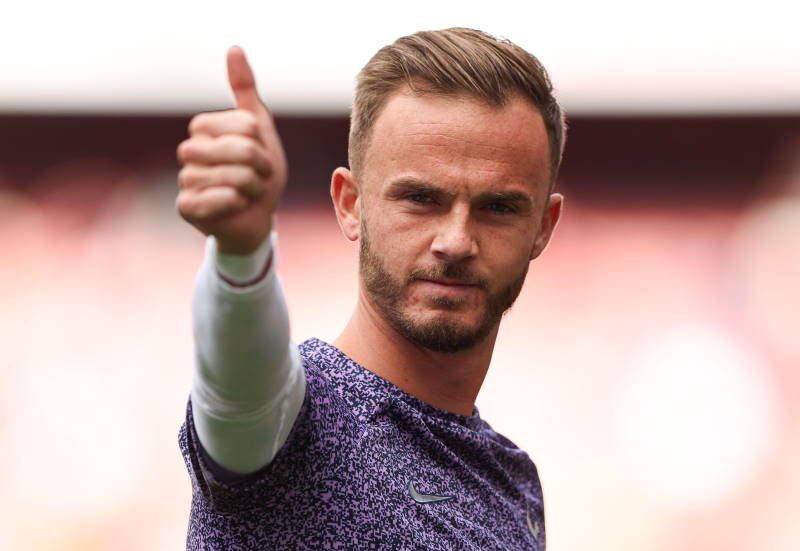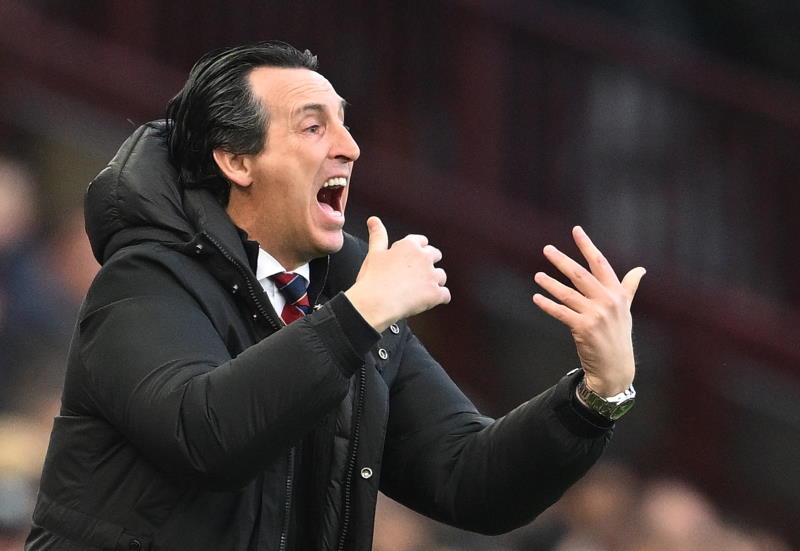
Mark Bateman
Jack Warner is one of the most controversial men in world football. As president of CONCACAF, the federation whose jurisdiction includes North America and the Caribbean, he holds a position of power within FIFA as a vice-president.
But despite Warner’s main remit lying across the North Atlantic, the CONCACAF president is regularly found to be voicing his opinion on matters in Europe and is always urging UEFA President Michel Platini to lead the footballing world in implementing changes to the game.
Warner’s most recent comments came at England’s expense when he stated, with a great degree of certainty, that CONCACAF would not be voting for the country’s 2018 World Cup bid. This has been met with much disdain by the FA and many associated with the game in England.
While Warner arguably has almost no right to make his feelings public on this issue or on any other matter that is outside his jurisdiction, the man has a quality that is sorely lacking in the corridors of power at FA Headquarters in Soho Square, UEFA’s powerbase in Switzerland and even in the FIFA Presidential Office. Common sense.
All too often in the modern game, people at the top are making mistakes, mistakes which Warner constantly highlights and offers solutions to.
His criticism of England’s World Cup bid is not unfair, at a recent London summit of football’s world leaders, Warner pointed out that there was no promotion of England’s bid, yet Qatar and Australia had both put their cases forward, through discussions and promotions.
If this was so then the FA has scored a spectacular own goal, surely this was the perfect opportunity to court the very people who will vote on where the World Cup will be staged nine years from now?
The major reason for the sluggishness of the England bid is because the 2012 Olympic Games are being held in London and the FA believes that is proof enough that England is ready to host a major football competition such as the World Cup. Wrong.
Warner insists that CONCACAF will vote for the bid which leaves a lasting legacy for the host country, mainly at grass roots level, a situation that the English FA struggle with.
The Premier League is a prime example of this, with the top 20 teams in the country not pumping more of their wealth into their youth set-ups. Most clubs favour buying an up and coming star and finishing the job themselves.
Warner is also an advocate of bringing new technology into football, something that the English FA and UEFA are less enthusiastic about introducing.
UEFA have employed a five official system in this season’s Europa League, which is a stubborn testament to the old ways of refereeing. Yet the English FA would rather talk about a 39th Premier League match than bring in video refereeing, which has proved successful in many sports such as rugby and cricket.
Warner is also passionate about curbing the growing debt culture within the game and said clubs with excessive debts should be banned from playing in Europe and that all European Football Associations must strive to reduce member clubs’ debts to ensure football fulfils its obligations to society. Common sense again.
Granted, sometimes Warner comes up with ideas that seem strange such as reducing teams to 10 players, enlarging goals and introducing rugby style sin bins for certain fouls, but he backs this up by pointing out that football has evolved greatly over the centuries and people should not stand in the way of progress.
Football needs more administrators like Jack Warner and the English FA would do well to heed his words.
Related Articles:
- – European Super League Talk Gaining Momentum
- – Dutch Clubs Aiming to End European Drought
- – Does Rich List Guarantee Big Boys Success?













